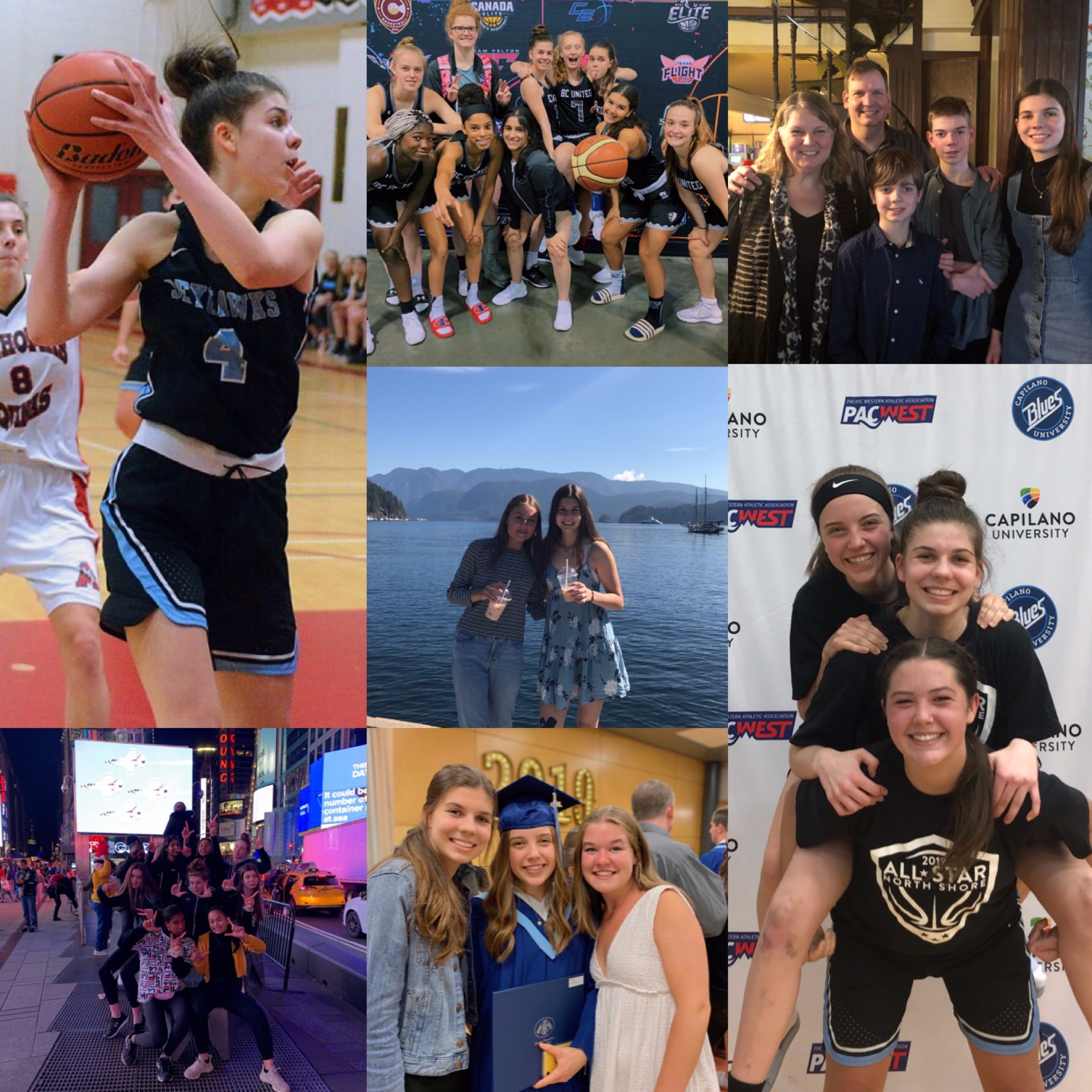About a week ago, our class dove into a new subject that is part of the grade nine curriculum of Health and Career. We started off the unit with an overview of what we would learn about including making healthy choices, education, career etc. The first project we started is about healthy eating and making the right choices when it comes to food.
For this project on healthy eating, we watched multiple Ted Talk videos from different advocates talking about the different effects of processed food as well as alternative options for protein. Throughout these videos we took notes and wrote down what interested us as well as important information that might give us an idea of what’s happening in the world today. All four videos were very inspirational in different ways which made me think about what I eat on a day to day basis.
AJ Jacobs was the first person I watched on the Ted Talks. He talked about how for a year he tried to become the healthiest person by eating right, exercising, meditating, cleanliness, wearing sunscreen and much more. Throughout the video he talks about his experiences and challenges he went through on this journey and the book he wrote. Towards the end of his presentation he explains that after the experiment he realized that the experience was actually not as healthy as he thought because he didn’t have a strong social network throughout the experience.
Here is the video:
The second Ted Talk I watched was with Marcel Dicke who believed that livestock wasn’t the right answer to producing food because the earth’s population is growing and there are more logical answers that also benefit the US economy. The answer instead of livestock are insects which as he describes are animals with 6 legs that actually make up 80% of the animal species. He talks about how on a year to year basis we actually eat 500g of insects and don’t even know it. They’re hidden in eveday things we eat, Chocolate: 60 insects/ 100 g; Peanut butter: 30 insects/ 100 g; Fruit juice: 5 fruit fly eggs; 1-2 larvae/250ml; Wheat flower: 75 insects/ 50 g; Noodles 225 insects/ 225 g. At first, this seems very disgusting but then he explains that there are many advantages to eating insects for example, for every 10 kg of feed you get 9kg of insects which is very good compared to cows where you only get 1kg back and the rest is manure. As well, insects don’t produce as much manure meaning less greenhouse gases.
Here is the video:
For the third Ted Talk, I watched Mark Bittman who talked about the problems with livestock and also processed foods. He first talked about how livestock causes land deprivation and how a lot of the greenhouse gasses are coming from livestock production and cow methane. He then went on to talk about dieting and eating saying how over one million cans of Coca Cola a day are consumed in the world which is crazy. Also he says that we are in a health crisis. Throughout the 1900s people’s diets have changed from a home cooked meal with healthy essentials to fast food that is very unhealthy. Today we are eating over 7 times the amount of recommended meat per week and the livestock production is taking up an unreal amount of land. 30% of the land surface in the world is put towards the production of meat. We need to cut down our meat intake by 50% which seems like a lot but it will be better for the environment and cut down on industrial farming.
Here is the video:
The last Ted Talk I watched was probably the one I found the most inspirational. It was done by Ellen Gustafson who is the founder of a company called Feed which sells bags to raise money for school children to have a healthy meal at school. She has sold over 550,000 bags and provided over 55 million meals which is quite amazing. She also talks about obesity and hunger and how 1 billion people are in hunger and 1 billion people are obese or overweight in the world. 75% of the people who are starving are surviving off the land they live on and a lot of these people are farmers in countries who are starving. This is happening while US processed foods has the lead to the obesity as unhealthy food is usually cheaper. One way we can solve both these problems is a project Ellen started called ‘The 30 project’ which has a goal to change the long term idea of the food system and aligning international and domestic activism.
Here is the video:
After watching the videos, we then did a little mini project called ‘You Are What You Eat’ where we each created a food portrait. This is pretty much a self portait that we had to make out of the foods we eat on a daily basis.
This is my food portrait:
This unit of health and career was definitely important to learn. Now after watching those videos I’m definitely going to watch what I eat more so including limiting my meat intake and eating more vegetables and fruit. Also, when I go to the grocery store I won’t get as many processed goods in order to make healthier choices when eating. This project has taught me a lot in terms of nutrition and will make me think about the food choices I make in the future.

